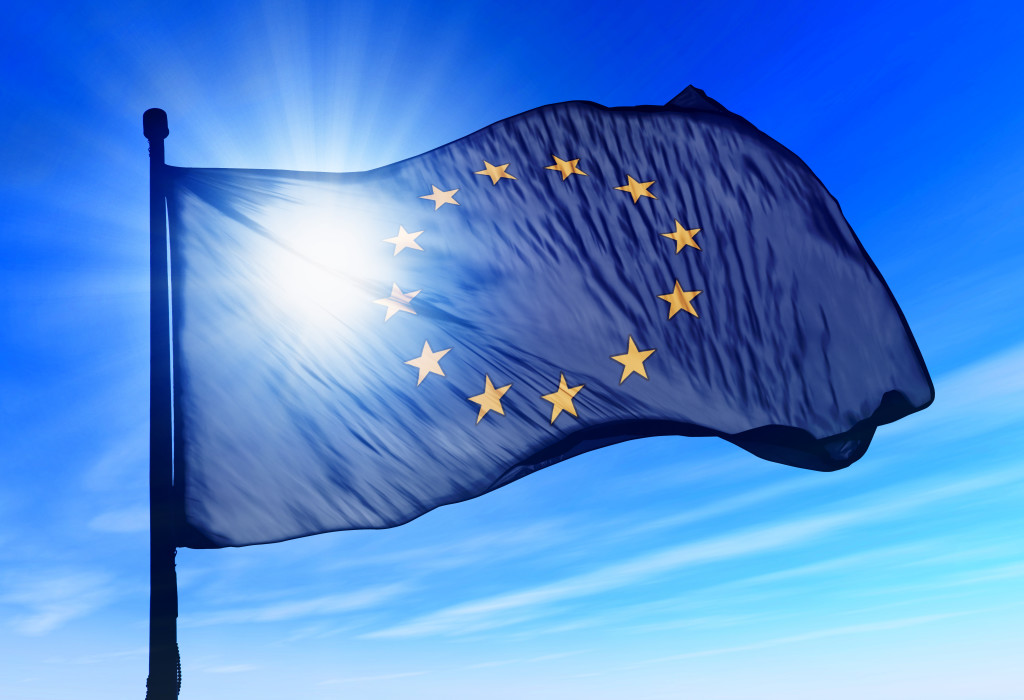On 9 March 2018 the European Commission issued the 8th report on the Monitoring of Patent Settlements.
The main conclusions are:
“The eighth monitoring exercise covers the period between 1 January 2016 and 31 December 2016, i.e. 12 months. It confirms that patent settlements continue to be used in the European pharmaceutical sector as shown by the number of patent settlements concluded, i.e. 107 patent settlement agreements in the EU. This compares with the lower annual average of 24 patent settlements in the period of the sector inquiry (from 1 January 2000 to 30 June 2008 – in total 207 settlements in eight and a half years).14 Also, the number of INNs which were the subject of settlements increased significantly from less than 10 INNs in the first three years of the millennium to 46 in 2016. As with the former seven exercises, the results of the eighth monitoring exercise show that the Commission’s announcement that it would continue scrutinizing B.II category settlements in the future has not hindered companies from settling their patent disputes.
“The number of B.II settlements, i.e. settlements which restrict generic entry and show a value transfer from the originator to the generic company and which might attract competition law scrutiny, have stabilized at a low level. In the period covered by the sector inquiry (1 January 2000 to 30 June 2008), B.II settlements represented 22% of all settlements reported. This percentage has decreased over the years to reach 11% in 2016, see Table 2, above. Note that omitting agreements related to the new law in Portugal, this figure would be 15% (2 B.II agreements relating to the Portuguese Law).
“The statements of certain stakeholders during the sector inquiry that the Commission would be forcing companies to litigate each patent dispute until the end have proved to be unfounded, given the strong increase in settlements after the sector inquiry. In addition, most of the settlements (89% in 2016) fall into categories that prima facie raise no need for competition law scrutiny. Companies, in most cases, are able to settle their disputes in a manner that is typically considered unproblematic from a competition law perspective.
“In the future the Commission may decide to continue the monitoring exercise in order to examine further the development of the foregoing trends.”
The entire report and related documents can be found here on the Sector inquiry and follow-up home page.

